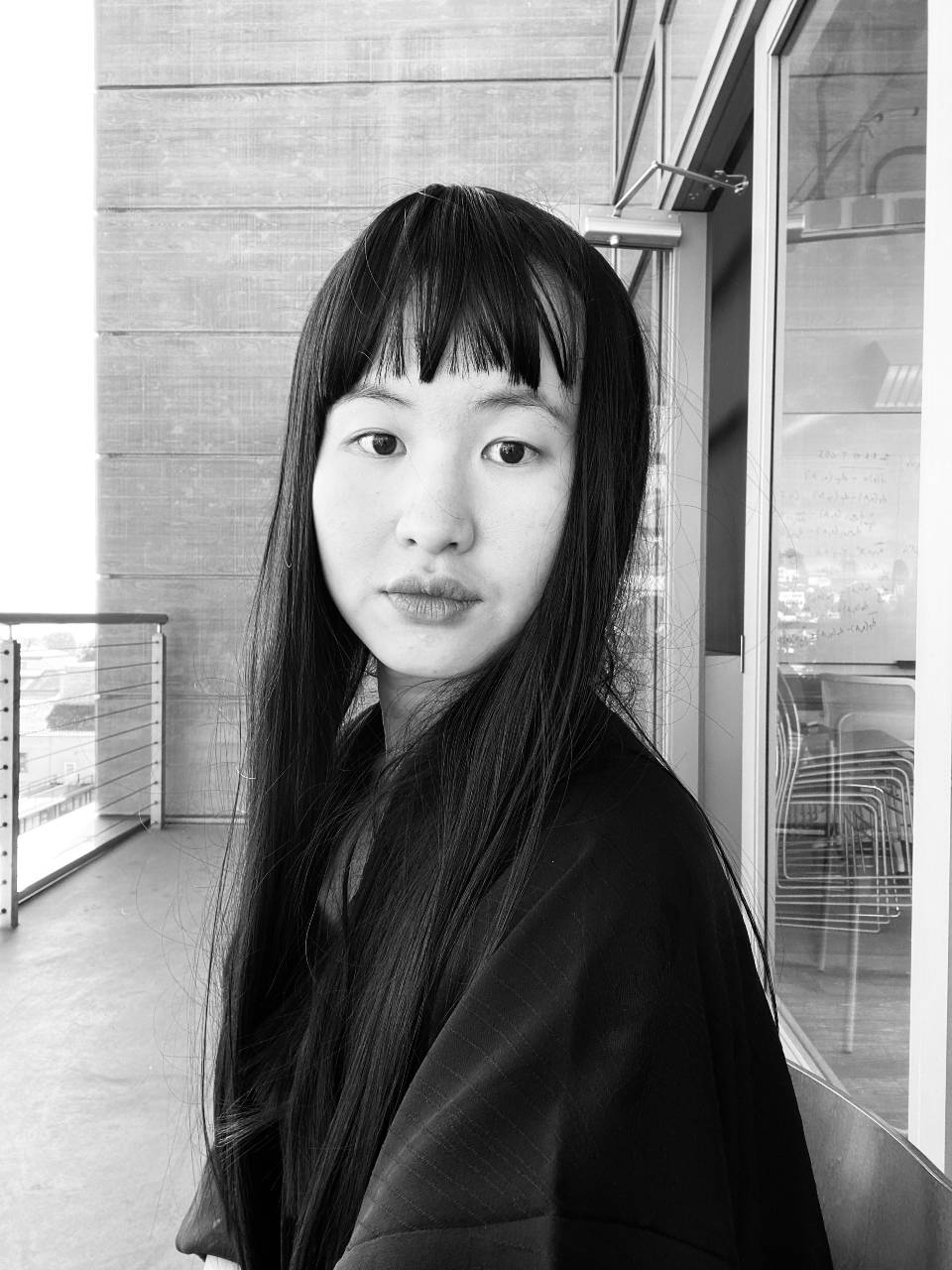Contributor Spotlight: Lydia T. Liu
 Lydia T. Liu’s poem “paean to hair” is part of Issue 83 of Bellingham Review. Subscribe or purchase a single issue through our Submittable page here.
Lydia T. Liu’s poem “paean to hair” is part of Issue 83 of Bellingham Review. Subscribe or purchase a single issue through our Submittable page here.
What would you like to share with our readers about the work you contributed to Bellingham Review?
This poem came to be during a workshop in the fall of 2020 with C.S. Giscombe. It was in the middle of the covid-19 pandemic, and the worst fire season I’d experienced living in northern California. Looking back, there was a desire to find fullness and sensuality in the mundane—and precarious—every day of living a life as it is. I was also influenced by Lorine Niedecker’s poem “Paean to Place,” which, in Tim Cresswell’s words, “enacts the fluid and repetitive work of living in place.” Marie Kondo’s self-help book on tidying up describes cleaning as “confronting nature.” In this light, I suppose one could think of “paean to hair” as an attempt at confronting one’s own nature—as human being—to shed, to entangle, to desire, to doubt. To exist within. The repetitive, and easily undone, work of picking up after ourselves and tending to who we are (and who we are to each other) fascinates me.
Tell us about your writing life.
I remember writing short stories in school, though my life writing poetry only began in college. It was a winter day and I was walking. A few lines came to me in my first language, after I was struck by the sound of a tree branch giving way under snow. It was a very visceral experience. I kept writing because I felt called to it and because very generous people and friends encouraged my work. I’m especially grateful to early mentors Susan Wheeler and James Richardson at Princeton, and Robert Hass at Berkeley. Journaling plays a big role in my writing practice. I first started pen-and-paper journaling in 2018 and it evolved into a daily habit; before that (and even now) I’d jot down fragments on my phone whenever I heard something interesting. Writing is at least partly a mysterious process. I think it’s the mystery of it that keeps me coming back.
Which non-writing aspect(s) of your life influence(s) your writing the most?
Really, any kind of sensory experience—music, food, touch, water, sunsets, the flutter of bird wings—that takes me to some kind of place. Love. Travel is a big influence. Lyric often comes to me when I’m moving through something.
What writing advice has stayed with you?
“Trust your ear.” (Thanks to Matthew Zapruder!)
What is your favorite book (or essay, poem, short story)?
Favorite books on my shelf right now: How To Wash A Heart by Bhanu Kapil and At Your Feet by Ana Cristina Cesar, translated by Brenda Hillman and Helen Hillman. Recently I was reminded also of an old favorite: Hard Boiled Wonderland and the End of the World by Haruki Murakami.
What are you reading right now?
Everyday I Pray for Love by Yayoi Kusama, Now It’s Dark by Peter Gizzi, The Penguin Book of Italian Short Stories edited by Jhumpa Lahiri.
What project(s) are you working on now, or next?
I’m working on a chapbook of poems called “The problem of deer.” It’s a journey through the places I’ve been in the past two-and-a-half years. As an immigrant child (and an immigrant adult always somewhere), I have a complicated relationship with belonging. As much as writing is a confrontation, it is also a surrender to the openness of field.
Anything else our readers might want to know about you?
I’m finishing up a Ph.D. in computer science at UC Berkeley! It’s wild. When I’m not writing—which is some of the time—I’m asking questions about the ethical and societal consequences of using algorithms for decision making. I just love taking classes. (Maybe that’s why I stayed in school for so long.) One of the best things I’ve ever learned is seaweed foraging.
Where can our readers connect with you online?
My website is www.lydiatliu.com/writing
Featured Image: “The Two-faced Whirlpool Galaxy“ by NASA